As a freshman, I spent two months in the lab during summer vacation, slowly stepping into the world of research
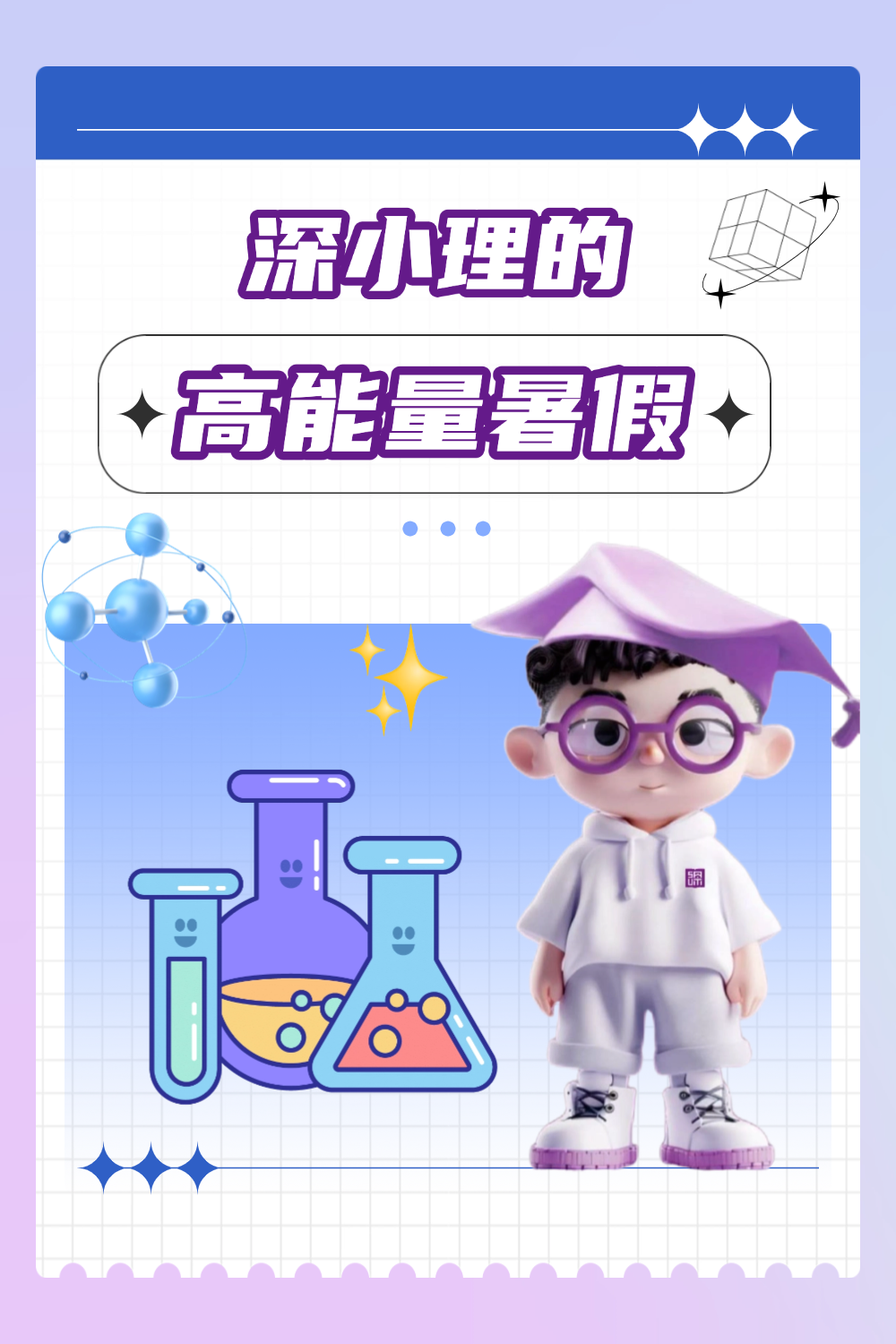
Editor’s Note
This summer, many students from Shenzhen University of Advanced Technology either followed their mentors to immerse themselves in labs conducting experiments, or engaged in social practices and surveys on industrial development, or visited international prestigious universities for exchanges... truly having a"high-energy"summer vacation.
Today’s third issue of the "High-Energy Summer Vacation at Shenzhen University of Advanced Technology" column, takes everyone to learn about how 2024 undergraduate student Yuan Mingqian wandered in the fields of all-solid-state sulfide batteries and "AI+Materials" this summer. Come and check it out!
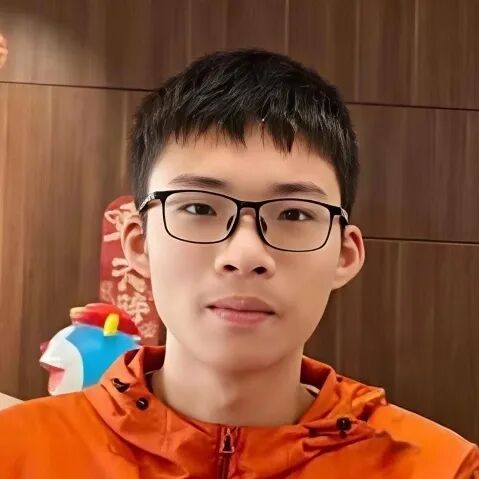
Yuan Mingqian
2024 Undergraduate at Shenzhen University of Advanced Technology
This summer vacation, I entered the lab at the end of June and didn't wrap up until the end of August. Time seemed stretched out, yet it felt like it passed in an instant. As a student in the Faculty of Materials Science and Energy Engineering, this summer, in the research group of Associate Dean Wang Dawei, I simultaneously participated in two fascinating fields:All-solid-state sulfide batteries and "AI+Materials" that is quietly changing the world.
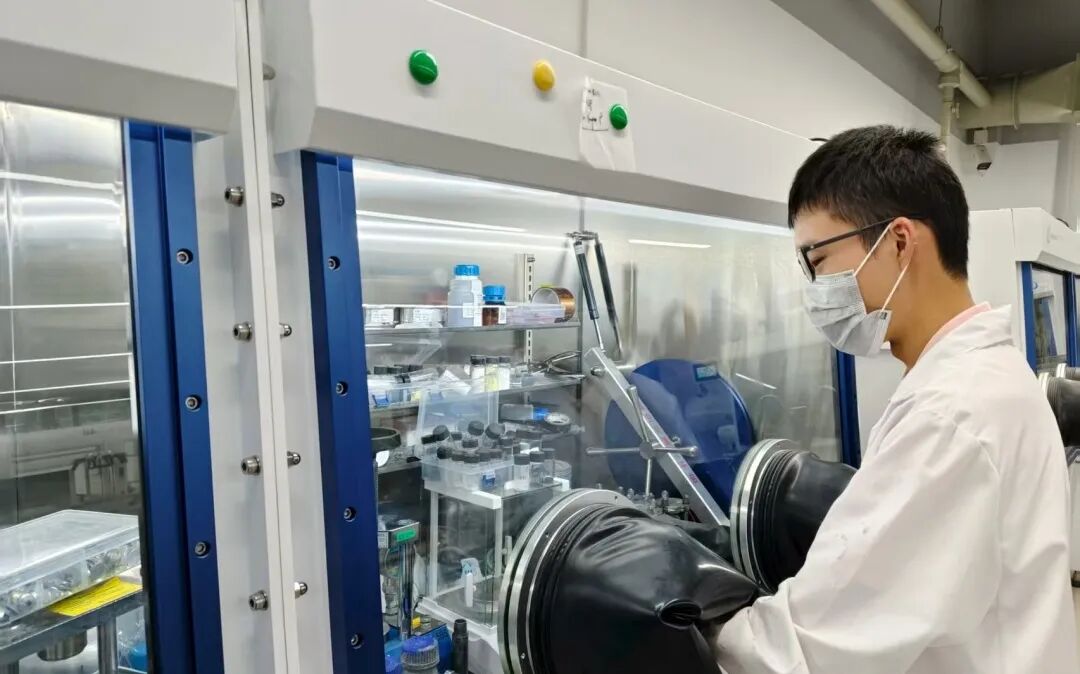
Yuan Mingqian is using the glovebox
Initially, the lab was an unknown territory to me. In the lab, I followed my senior lab mate to learn and participated in experiments on the development of all-solid-state sulfide electrolytes. The first thing to face was the massive glovebox—because sulfides hydrolyze in air to produce toxic hydrogen sulfide gas and also destroy the electrolyte material, so all operations must be completed in a glovebox isolated from air. The heavy operating gloves made every movement slow and awkward; it took me several full days to gradually adapt to this "retrieving objects through air" experimental method.But it was this seemingly clumsy repetition that slowly led me into the gates of research.
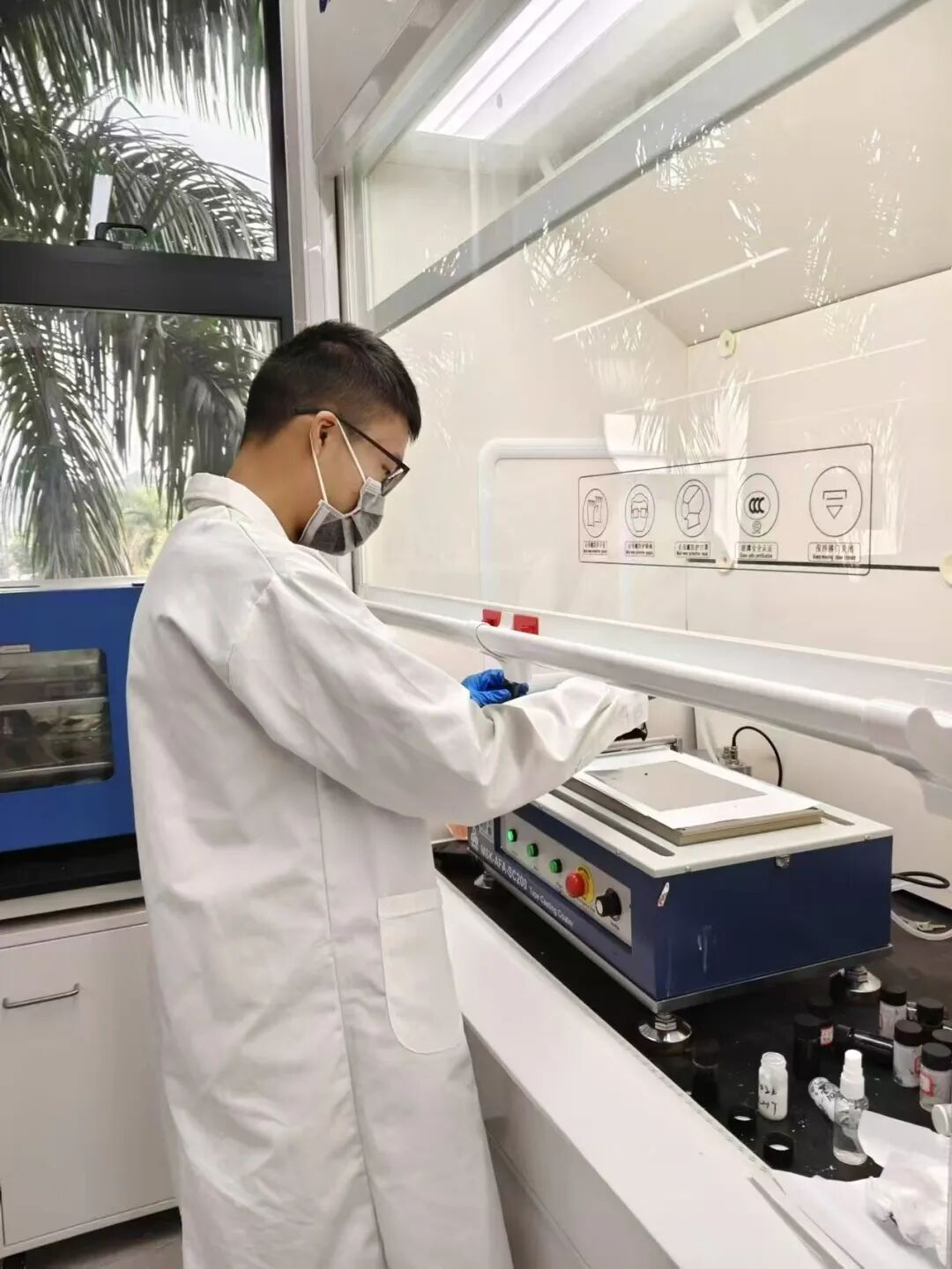
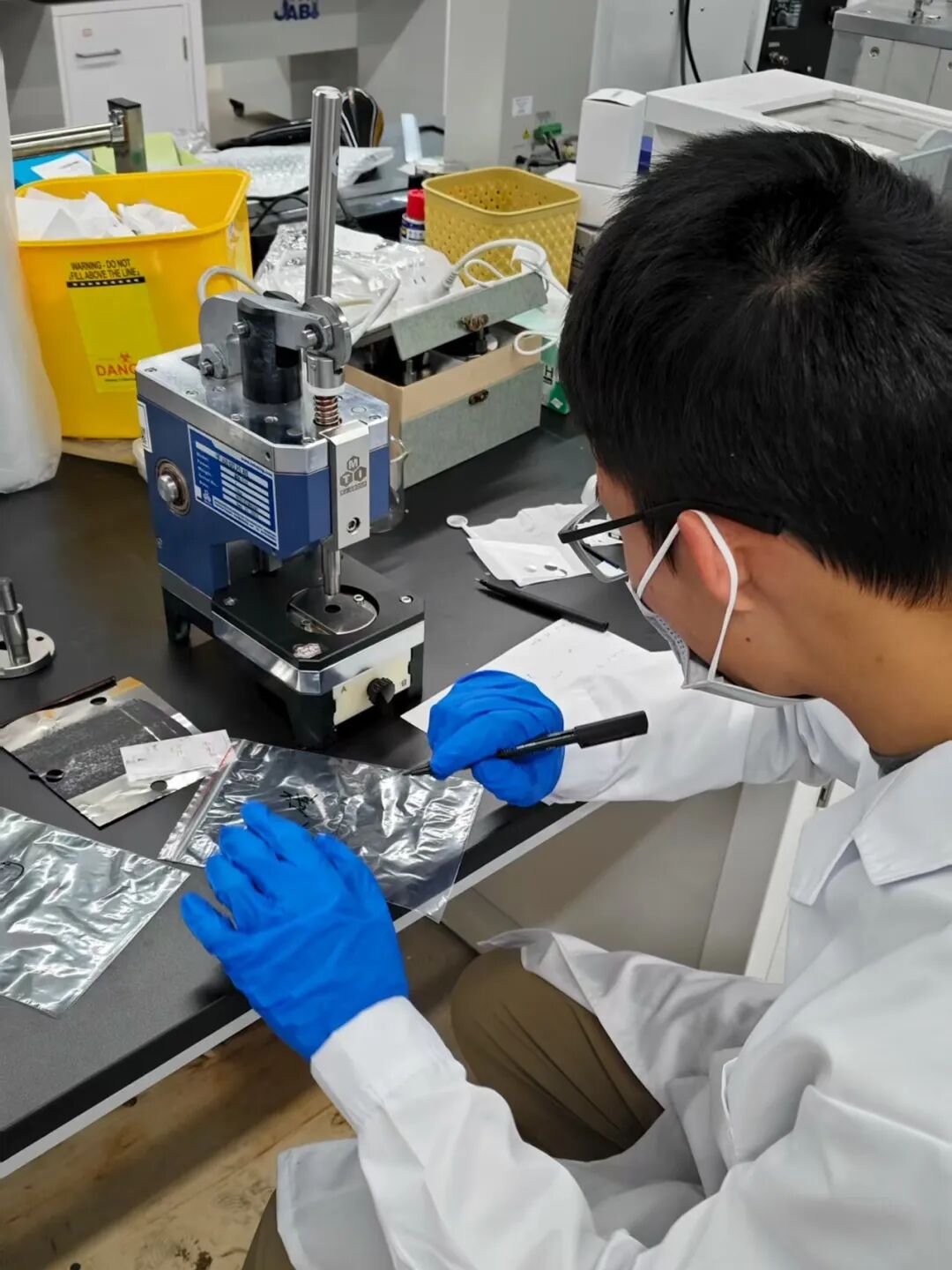
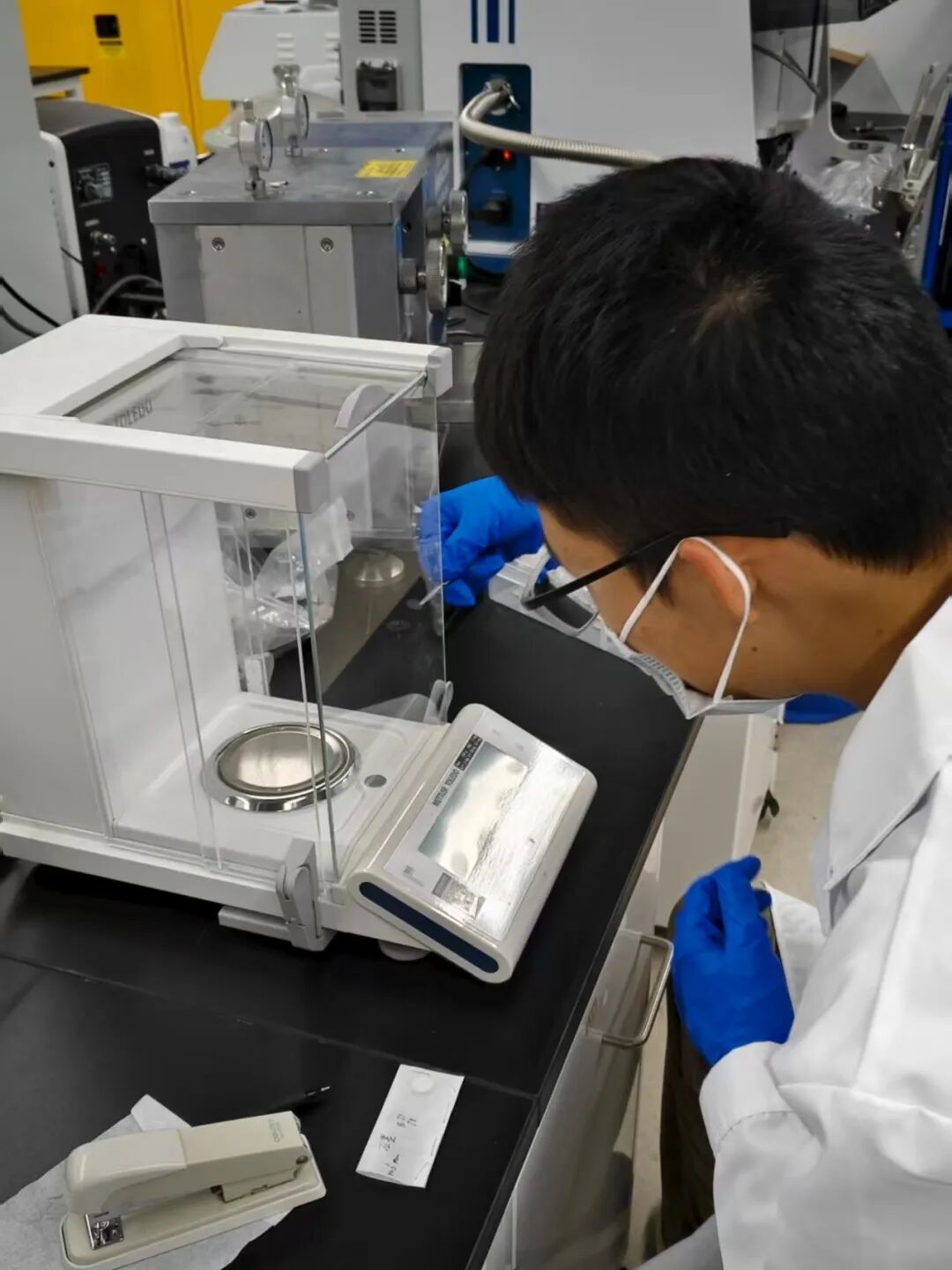
Yuan Mingqian conducting experiments (slide to view more)
By mid-July, I could independently perform most of the experimental procedures. Although data analysis still required guidance from my senior lab mate, confidence in hands-on work had gradually built up through repeated attempts.I was no longer just "following along," but began to understand the significance behind each step.
The rich academic atmosphere in the research group constantly influenced me. At group meetings, I learned about the cutting-edge developments in electrolyte materials and realized for the first time that the interdisciplinary field of"Materials + Artificial Intelligence"is quietly sparking a revolution; at paper sharing sessions, I learned how to truly understand a paper—not just the surface, but delving into the logic and layers. In my spare time, I also read several reviews on sulfide electrolytes, and concepts that were originally unfamiliar gradually connected into clear threads in my mind.
In mid-August, I teamed up with classmates to participate in the 14th "Huagang Cup" Guangdong University Students Materials Innovation Competition. As team captain, with the help of the advisor and senior lab mate, I completed the project design and application form. We set the topic as"Using AI to Drive Cross-Scale Rational Design of Solid-State Electrolytes", providing solutions through AI, then using programs to screen organic precursor small molecules, followed by robotic automated preparation of synthetic materials, and finally detecting the performance of electrolytes and batteries through high-throughput testing.
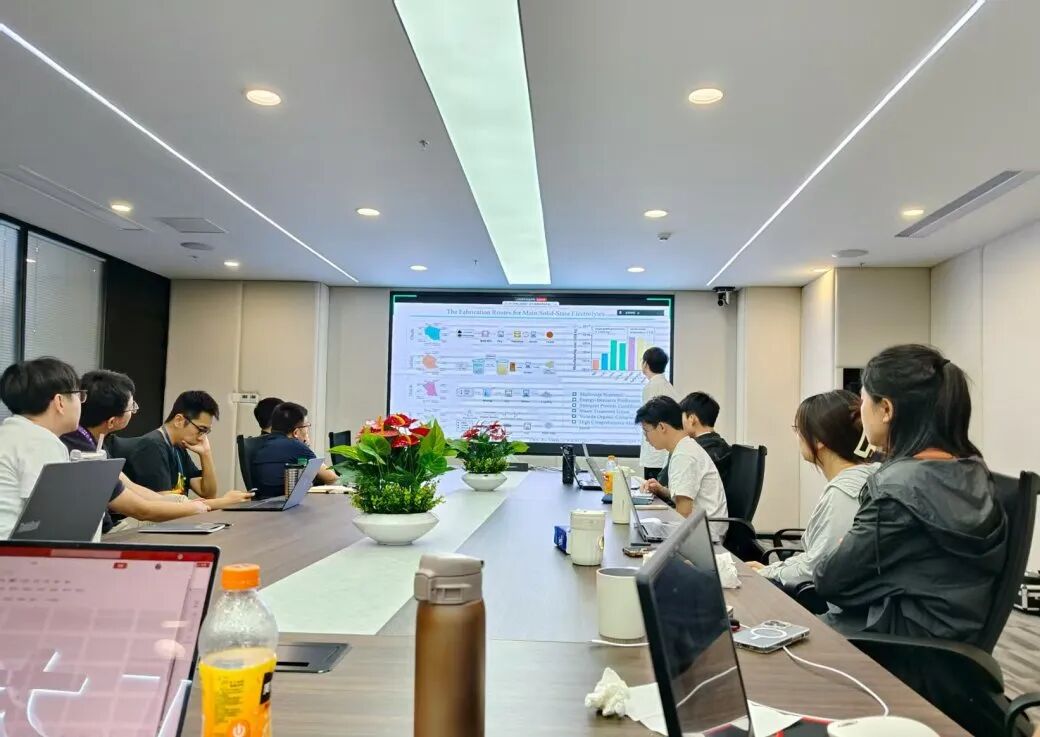
Yuan Mingqian attending Professor Wang Dawei's research group meeting
These two months of research experience gave me a lot of inspiration. First, I deeply realized that cross-disciplinary research is the trend. At one group meeting, when we discussed how AI predicts organic molecules and polymers, the AlphaFold3 model prediction introduced by Professor Liu Chongchi in the freshman "Introduction to Life Sciences" class shocked me deeply. The resonance between classroom knowledge and real research allowed me to initially conceive a set of model identification ideas; the model knowledge taught in the "Introduction to Artificial Intelligence" class, as well as the practical experience in the major assignments, also made me truly feel the power of code and models.
I understand even more that all exploration cannot do without solid foundational knowledge. The two months in the summer lab brought me not onlyhands-on operational experience, but also clear guidance for future learning directions, and helped me develop regular routines and establish a rigorous safety awareness.
The future is long, the road of research is just beginning to unfold under my feet, I hope to carry a down-to-earth original intention, continue to explore,quietly waiting for the day when the bits and pieces learned in class can be transformed into real starlight.
Dear Shenzhen University of Advanced Technology community
How did you spend your summer vacation?
Welcome to share with us!
Submission email:
wangzhikang@suat-sz.edu.cn
Deadline:
September 21, 2025, 18:00

 CN
CN





